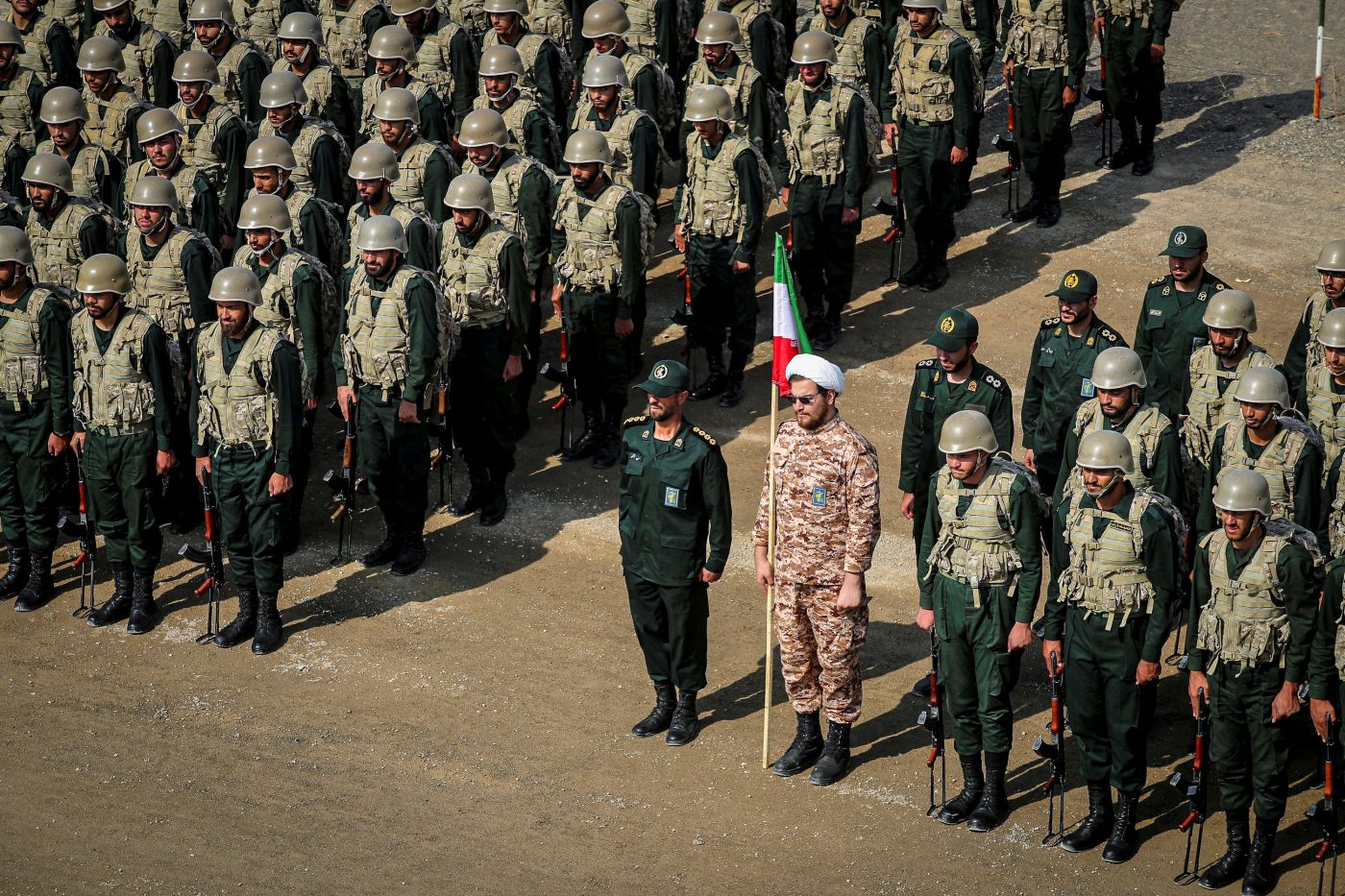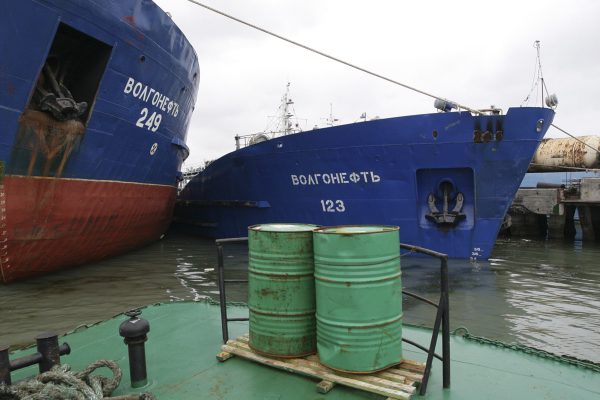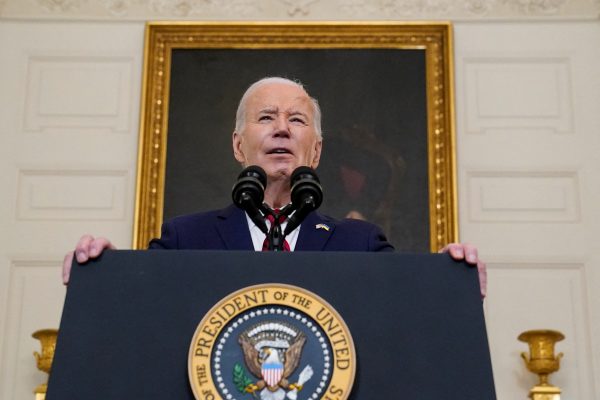It wasn’t so long ago that war seemed possible between Iran and its northern neighbor.
The two countries have been engaged in their most serious confrontation since the early 1990s when the first Nagorno-Karabakh war ended. The attack on the Azerbaijani embassy in Tehran earlier this year, as well as its increasingly emboldened foreign policy toward its rival Armenia, contributed to a sharp deterioration of relations with the Islamic Republic.
And yet, Iran and Azerbaijan appear to be defusing the tensions. The rhetoric has changed. When speaking on the phone with his Azeri colleague Jeyhun Bayramov in June, Iranian Foreign Minister Hossein Amirabdollahian emphasized the need to boost bilateral ties. An unscheduled meeting took place between the Iranian minister and President Ilham Aliyev at the Non-Aligned Movement gathering in Baku the following month.
There followed a flurry of moves, including the construction of a cargo terminal in Astara, on the Caspian Sea next to the Azeri border, by the end of 2024, an exchange of news agency correspondents, and pledges on improved embassy security.
The prize is clear — an opportunity to put aside their differences and tone down tensions to reap geo-economic dividends. Trade between Iran and Azerbaijan in the period March 2022-March 2023 grew from $608m to $688m. They are also interested in the expansion of the International North-South Transport Corridor (INSTC) which recently moved toward completion after a major investment pledge from Russia, which sees the route as a major tool to mitigate the effects of Western sanctions.
The easing of relations must be seen in context, however. Iran and Azerbaijan will remain wary of each other. Mistrust and geopolitical competition will continue to haunt bilateral relations — after all, it was only last fall that Iran’s Revolutionary Guard organized military exercises on their mutual border. And Iran’s ruling elite has been deeply troubled by an Israeli presence in Azerbaijan and warm relations between those two countries.
Following the Second Nagorno-Karabakh War of 2020, the problem of trade routes and transit corridors came to the fore, aggravating bilateral relations. Tehran had hoped to maintain the status quo, which has existed since the 1990s when Armenia conquered Nagorno-Karabakh, but in 2020 Azerbaijan used Israeli- and Turkish-made drones and other novel means to recapture the area.
Iran believes that Azerbaijan and its Turkish ally aim to cut Iran off from not only the South Caucasus but also the North Caucasus and land routes to Russia. But while Iran is understandably keen on north-south infrastructure and trade, the impetus from Azerbaijan, Turkey, and Russia (at least rhetorically) is on an east-west corridor
This, combined with Azerbaijan’s links to Israel will test any rapprochement. Any further conflict between Iran and Israel is sure to raise tensions and fuel Iranian suspicions that its enemy No. 1 is using Azerbaijan to pressure the Islamic Republic.
More broadly, Iran is innately concerned by Turkey’s expanding geopolitical influence along the northern border, from Azerbaijan’s Nakhchivan exclave all the way to Turkmenistan in Central Asia. This is far less discussed but it is a real issue for Iran, although there is little it can do to oppose burgeoning Turkish influence.
Developing trade routes in Eurasia and an increase in bilateral trade volume would nonetheless encourage greater pragmatism between the two parties. Iran and Azerbaijan are dependent on one another and this could prevent an open crisis.
Given the still-unresolved Karabakh issue and often difficult relations with Russia, Azerbaijan is aware of how its geopolitical vulnerabilities might be exploited by others if its relationship with Iran spiraled out of control.
Emil Avdaliani is a professor at European University and the Director of Middle East Studies at the Georgian think-tank, Geocase.
Europe’s Edge is CEPA’s online journal covering critical topics on the foreign policy docket across Europe and North America. All opinions are those of the author and do not necessarily represent the position or views of the institutions they represent or the Center for European Policy Analysis.





